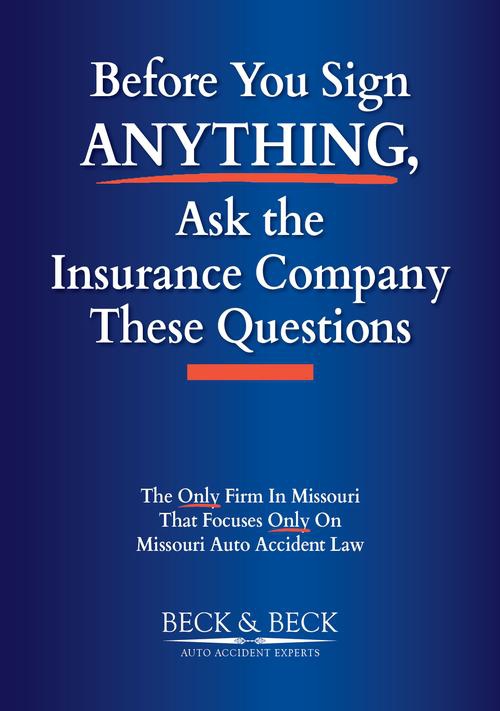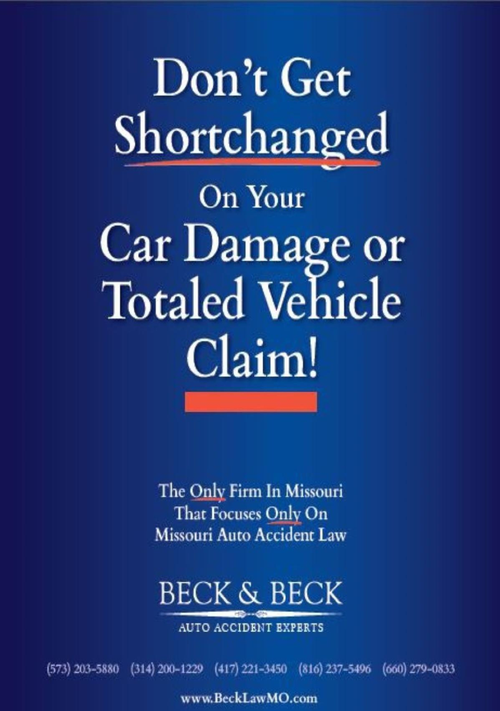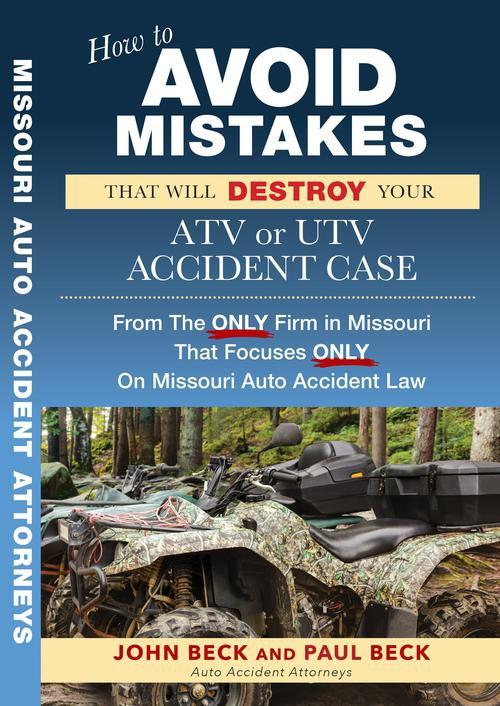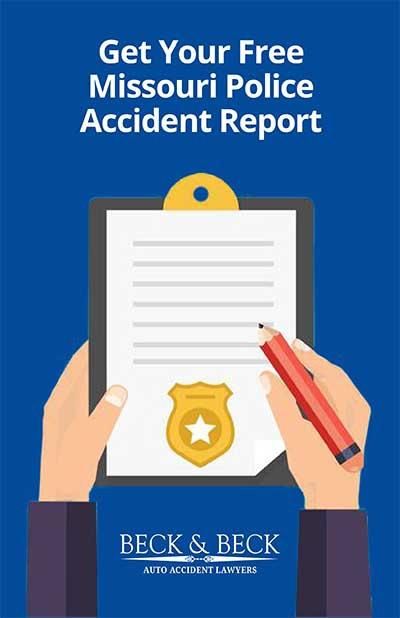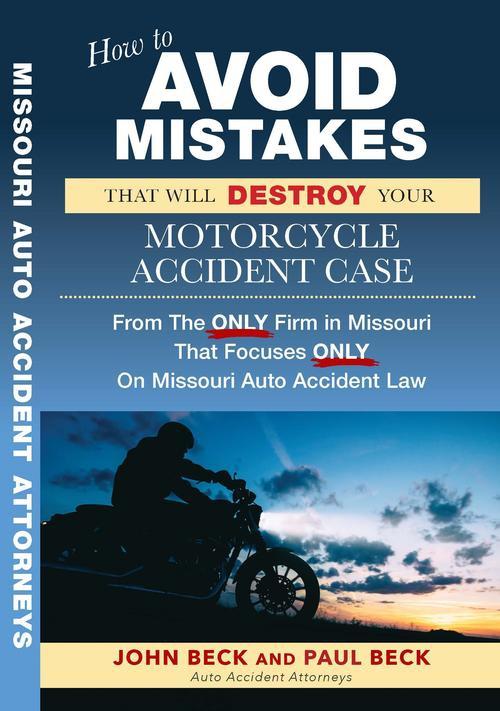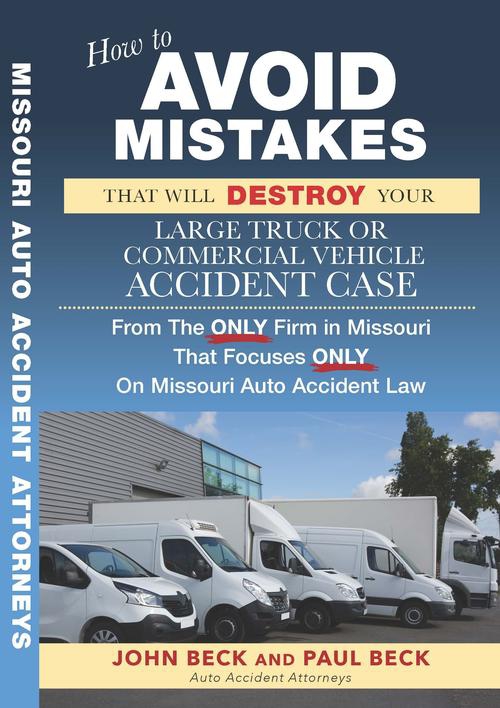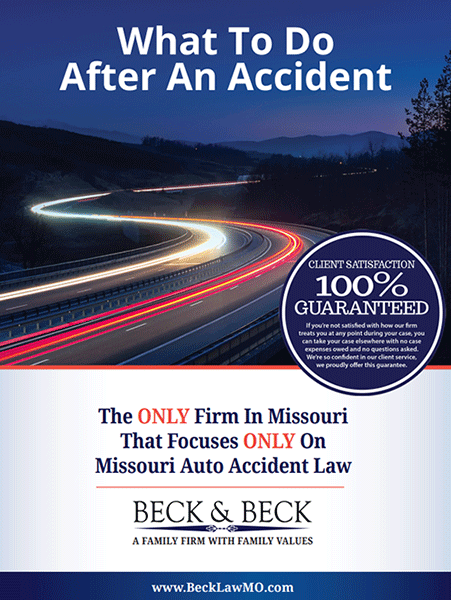In most cases, a lawsuit must be filed in the state where the accident occurred. However, if the accident involves drivers from different states or if it’s a more complex case, legal action in federal court may be required.
The court’s jurisdiction, or authority to hear the case, will depend on several factors, including where the parties are located and where the crash occurred. Knowing these details is vital because filing in the wrong court could delay your case or even prevent you from recovering the compensation you deserve.
Knowing where and how to file your claim is crucial, and it often starts with understanding the legal concept of jurisdiction.
The Importance of Jurisdiction in Out-of-State Car Accidents
Jurisdiction refers to the authority a court has to hear and decide a case, and it’s one of the critical factors in determining where a lawsuit should be filed. The jurisdiction laws can differ from state to state, depending on the location of the accident and the parties involved.
For example, if you’re commuting to work from Illinois to St. Louis, Missouri, and get rear-ended at a stoplight in downtown St. Louis, or if you’re passing through Missouri on your way to visit relatives in Indiana and are involved in a hit-and-run in Springfield, you may not know right away which state’s laws apply.
While jurisdiction is relatively straightforward when an accident happens entirely within a single state, it becomes trickier when the crash spans multiple states.
When dealing with out-of-state car accidents, it’s essential to understand how these jurisdictional issues affect your claim. Navigating the legal system after a crash is difficult, but when multiple states are involved, it’s even more important to be well informed about your rights and the process ahead.
Consulting with a skilled Missouri car accident lawyer, and taking the proper steps after an accident, including knowing where to file your claim, can make all the difference in ensuring you receive the compensation you’re entitled to.
What To Do If You Are Involved in a Car Accident Out-of-State in Missouri
If you are in a car accident outside your home state, follow these essential steps to ensure safety and protect your rights:
- Check for injuries and call for help: Ensure everyone is safe and contact emergency services if necessary.
- Contact law enforcement: Report the accident and request an official police report.
- Exchange information: Ask the other driver for contact and insurance details, including license plate numbers and vehicle descriptions.
- Document the scene: Take photos of the accident, vehicle damage, and any visible injuries. Collect witness statements if possible.
- Notify your insurance company: Contact your insurer to begin the claims process immediately.
While these steps are similar to those for any car accident, specific issues arise when you’re involved in an out-of-state car accident.
Dealing with Insurance Companies
Handling insurance claims after an out-of-state car accident can become complicated because each state has different laws. Your own auto insurance should cover you even if the accident happens out of state, but it’s essential to understand how the accident’s location might affect your claim:
- State laws differ. Some states have a “no-fault” system in which each driver’s insurance covers their damages, while others follow a “fault-based” system in which the at-fault driver is responsible for covering damages.
- Liability limits may vary: The state where the accident occurred may have different minimum liability insurance requirements. Your insurer must navigate these laws and determine how much coverage is available.
- Cooperation between insurers: Your insurance company might need to work with the other driver’s insurer, primarily if they are based in a state with different rules.
Jurisdiction for Your Insurance Claim
Jurisdiction determines which court can hear your case and which state’s laws will apply. In most cases, the state where the accident occurred will have jurisdiction over any legal claims, which can create challenges:
- Filing a lawsuit in a different state: If legal action becomes necessary, you will likely need to file where the accident occurred, not in your home state.
- Complex legal landscape: Dealing with an unfamiliar state’s laws and courts can be overwhelming, especially if the accident involves multiple states.
- Federal jurisdiction: Federal courts may have jurisdiction in some cases, mainly if the accident involves drivers from different states.
Understanding jurisdiction and the state-specific laws that apply to your out-of-state car accident is crucial for successfully navigating your insurance claim and securing compensation.
To learn more about jurisdiction in out-of-state auto accidents, contact the legal team at Beck & Beck Missouri Car Accident Lawyers today. We offer free consultations and are never too busy to speak with you.
How is Liability Determined When a Car Crash Occurs Out of State?
As we mentioned above, when an auto accident occurs out of state, one of the most important legal questions is which state’s laws apply to the case. The reason why this is so important is because rules on liability, fault, and negligence can differ significantly between states, and these variations can impact the outcome of your case.
For example, consider a driver from Springfield, Illinois, who was involved in a car accident in St. Louis, Missouri. Even though the driver is from Illinois, Missouri law will typically apply because the accident occurred in Missouri.
The driver must navigate Missouri’s legal system; the state’s negligence laws will determine how liability is assessed. Understanding these differences is crucial in preparing your case and knowing what to expect regarding compensation.
Differences Between Illinois and Missouri Negligence Laws
One of the most significant distinctions between Illinois and Missouri is how each state handles negligence in car accident cases. In Illinois, the state follows a modified comparative negligence system. Under this system, a driver can only recover damages if they are found to be less than 50% at fault for the accident.
If an Illinois driver is more than 50% responsible for the crash, they cannot recover compensation for their injuries or damages.
Missouri, on the other hand, follows a pure comparative negligence system. In Missouri, even if a driver is found to be 99% at fault for an accident, they can still recover compensation for their injuries. However, their recovery will be reduced by their percentage of fault.
For example, if a Missouri court finds that the Illinois driver was 20% responsible for a crash, their total compensation will be reduced by 20%.
These differences in negligence laws can drastically affect the outcome of a case. In our example, if the Illinois driver were found partially at fault for the accident in St. Louis, they could still recover compensation under Missouri law.
Still, their percentage of fault would reduce the amount. However, if the accident had occurred in Illinois and the driver was found more than 50% at fault, they would be barred from recovering anything.
If you’re not familiar with the rules of the state where the crash occurred, you could face challenges in filing a claim or understanding your rights. This is why working with a local attorney who understands the legal differences between states and can help guide you through the process is essential.
Am I Covered By My Insurance If The Accident Happens in Another State?
Yes, in most cases, your auto insurance will cover you even if the accident happens in another state. Auto insurance policies are generally designed to extend coverage across all 50 states, meaning that the protections you enjoy in your home state follow you wherever you travel in the U.S.
This means that whether you’re driving in your home state of Illinois or find yourself in a collision while visiting another state like Missouri, your policy will still apply.
However, there are a few critical nuances to remember regarding out-of-state car accidents and how your coverage might adjust depending on the state where the accident occurs.
How Coverage Adjusts to Different State Laws
Auto insurance policies automatically adjust to meet the state’s minimum insurance requirements where the accident occurs. For example, if you live in a state with lower minimum liability limits but get into an accident in a state that requires higher limits, your policy will automatically increase to meet the other state’s requirements.
This protects you from being underinsured in states with higher mandatory coverage amounts.
Let’s say you’re driving from Illinois, which requires a minimum of $25,000 in bodily injury liability coverage per person, and you get into an accident in Missouri, where the minimum is also $25,000. In this case, your policy would meet the local requirements, so you won’t have to worry about whether your coverage is sufficient for the state’s laws.
Different Types of Insurance Coverage
When traveling out of state, most parts of your car insurance policy will remain unchanged, including:
- Liability coverage: Covers damages to other vehicles or property if you’re found at fault for the accident and injuries sustained by other parties.
- Collision coverage: Pays for repairs to your vehicle, regardless of who is at fault in the accident.
- Comprehensive coverage: Protects against non-collision-related incidents such as theft, vandalism, or natural disasters.
It’s important to remember that state-specific factors, such as no-fault laws, could impact how certain coverages, such as Personal Injury Protection (PIP), are applied in an accident.
Do I Need an Attorney From the State Where the Accident Occurred?
If you’ve been involved in an out-of-state car accident, one of the most important decisions you’ll need to make is whether to hire an attorney from the state where the accident took place. In most cases, the answer is yes.
A lawyer licensed to practice in the state where the crash occurred will be familiar with the specific laws, court procedures, and local nuances that can impact your case.
Every state has different rules regarding personal injury cases, including how negligence is determined, compensation is awarded, and how quickly lawsuits must be filed (statutes of limitations).
An attorney from the state where the accident occurred will have the expertise to navigate these state-specific requirements and ensure your case is handled correctly.
Navigating Local Laws and Procedures
Filing an injury lawsuit in another state can be complicated by different state laws, court rules, and procedural requirements. For example, the statute of limitations—the time frame within which you must file a lawsuit—varies from state to state.
You may have as little as two years to file in some states, while others may allow more time. Additionally, states have different approaches to negligence laws, which could impact how much compensation you’re eligible to receive.
These differences can significantly affect your case and its outcome, making it essential to work with a lawyer well-versed in the laws of the state where the accident happened. A local attorney can also help ensure your case is filed in the correct court, meeting all procedural deadlines and requirements that may differ from those in your home state.
Access To Important Local Resources Essential For Building Your Case
Another reason to hire an attorney from the state where the accident occurred is their established relationships with local resources. Whether gathering evidence, working with accident reconstruction experts, or contacting witnesses, a local lawyer will better understand how to access the resources needed to build a strong case.
Additionally, they’ll be familiar with the local court system and have experience dealing with insurance companies and defense attorneys in that area, giving them an advantage in negotiations and litigation.
Maximizing Your Car Accident Claims Compensation
Hiring an attorney from the state where the accident occurred simplifies the legal process and helps maximize your potential compensation. A local attorney will know how damages are calculated in that state, including medical costs, lost wages, pain and suffering, and other related expenses.
They’ll be able to advocate on your behalf to ensure you receive the compensation you deserve based on the state’s specific laws.
Skilled Missouri Car Accident Lawyer
A skilled Missouri car accident lawyer is essential if you’ve been involved in an out-of-state car accident. At Beck & Beck Missouri Car Accident Lawyers, we specialize in representing clients from Illinois and Missouri facing unique challenges after a crash, whether commuting to St. Louis or passing through.
Our experienced team understands Missouri’s legal landscape and is dedicated to helping you navigate the aftermath of your accident. We will advocate for your rights, ensuring you receive the compensation you deserve. Contact us today for a free consultation, and let us be your trusted advocates in your recovery journey.
Some of the locations in Missouri we’ve helped clients in include Independence, O’Fallon, Jefferson City, Kansas City, St. Louis, Florissant, Springfield, Cape Girardeau, Doniphan, Joplin, and more.
Related Articles
Who is liable in a rental car accident in Missouri?

